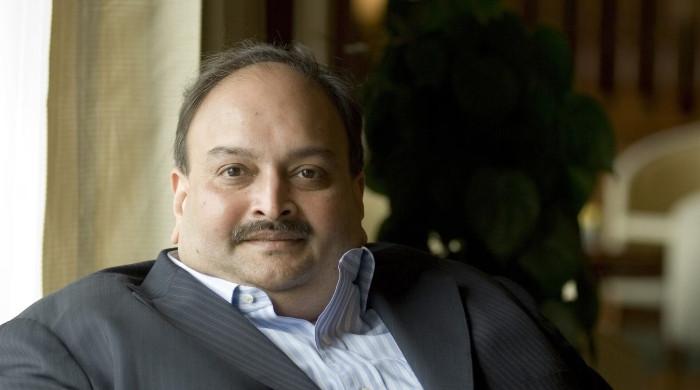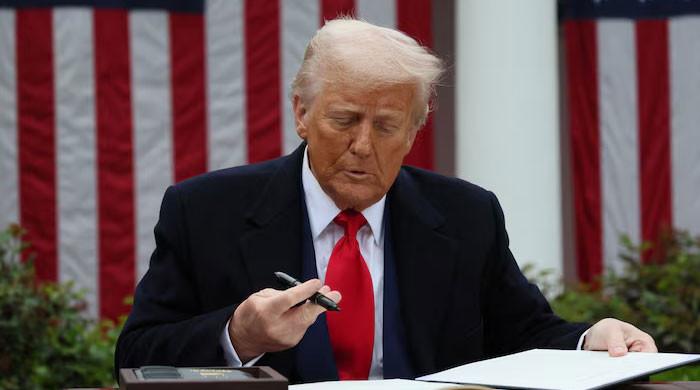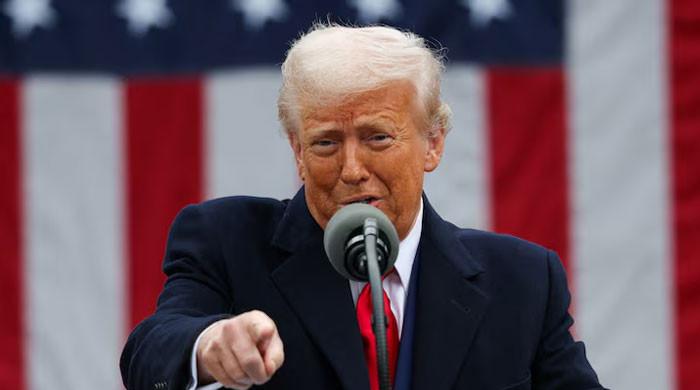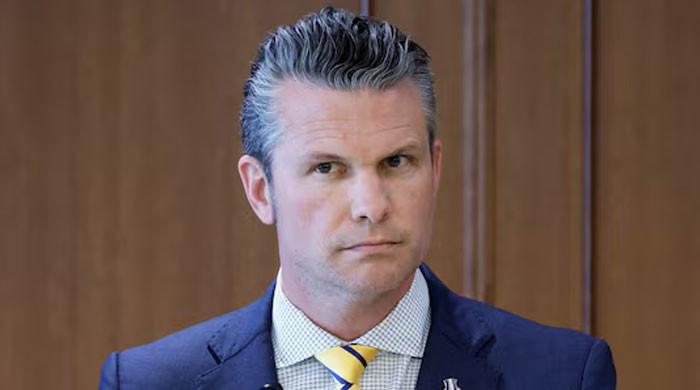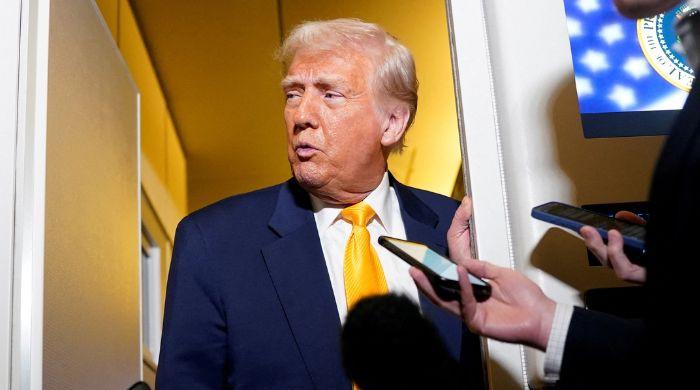India resumes visa service for Canadians, defusing post-Nijjar murder diplomatic row
Tensions flared when Canadian PM linked Indian intelligence to Sik leader Hardeep Singh Nijjar's killing
October 25, 2023
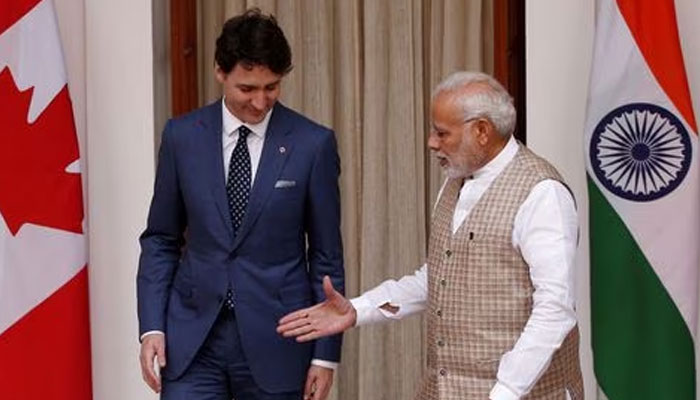
India on Wednesday decided to resume visa services for Canadian citizens, marking a potential de-escalation in the ongoing dispute triggered by the murder of Sikh pro-Khalistan leader Hardeep Singh Nijjar on Canadian soil.
Tensions flared when Canadian Prime Minister Justin Trudeau publicly linked Indian intelligence to Nijjar's killing, an accusation India labelled as "absurd." Nijjar, a proponent of an independent Sikh state, faced Indian authorities' allegations of terrorism and conspiracy to commit murder.
Canada requested Indian cooperation in the investigation, leading to the expulsion of an Indian diplomat. India responded by suspending visa services for Canadians.
In response to recent developments and "a considered review of the security situation," the Indian High Commission in Ottawa has opted to reinstate visa services for Canadians.
These measures are aimed at defusing the mounting diplomatic crisis that followed Trudeau's accusations. Meanwhile, Canada withdrew 41 diplomats from India as part of its response to the situation, causing further diplomatic strain.
At the brink of a diplomatic showdown, New Delhi had considered revoking diplomatic immunity for the majority of Canada's diplomats and their families, leaving only 21 unaffected.
In response, Ottawa withdrew the remaining diplomats. The diplomatic rift between the two countries had escalated significantly, with both sides taking robust measures.
Notably, the Indian government advised its citizens against travelling to certain parts of Canada, citing the increased anti-Indian activities in the country. This advisory underscores the seriousness of the diplomatic standoff and its potential impact on Indian nationals in Canada.
The killing of Hardeep Singh Nijjar, who had emigrated to Canada in 1997 and acquired Canadian citizenship in 2015, intensified the longstanding tensions related to the Sikh liberation movement.
Canada is home to a substantial Sikh community of around 770,000 individuals, constituting about two per cent of the country's population. A vocal minority within this community advocates for the establishment of an independent Sikh state called Khalistan.
Within India, the Sikh freedom movement has largely waned, with security forces using deadly force to quell an insurgency in the state of Punjab during the 1980s. However, the issue remains sensitive, and the Nijjar case has reignited concerns.
The dispute triggered protests outside Indian diplomatic missions in Canada, with hundreds of Sikh demonstrators burning flags and denouncing Indian Prime Minister Narendra Modi.
The resumption of visa services is a significant step towards normalising diplomatic relations between India and Canada, but the broader issues surrounding the movement persist as underlying challenges.





